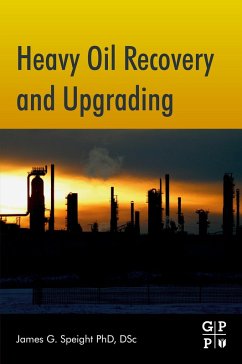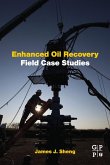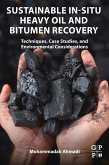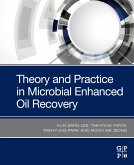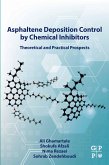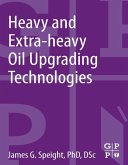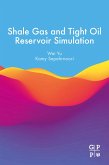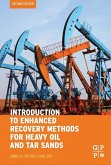Heavy Oil Recovery and Upgrading covers properties, factors, methods and all current and upcoming processes, giving engineers, new and experienced, the full spectrum of recovery choices, including SAGD, horizontal well technology, and hybrid approaches. Moving on to the upgrading and refining of the product, the book also includes information on in situ upgrading, refining options, and hydrogen production. Rounding out with environmental effects, management methods on refinery waste, and the possible future configurations within the refinery, this book provides engineers with a single source to make decisions and manage the full range of challenges.
- Presents the properties, mechanisms, screening criteria and field applications for heavy oil enhanced recovery projects
- Includes current upgrading options and future methods for refining heavy oil development
- Fills in the gaps between literature and practical application for everyday industry reference
Dieser Download kann aus rechtlichen Gründen nur mit Rechnungsadresse in A, B, BG, CY, CZ, D, DK, EW, E, FIN, F, GR, HR, H, IRL, I, LT, L, LR, M, NL, PL, P, R, S, SLO, SK ausgeliefert werden.

